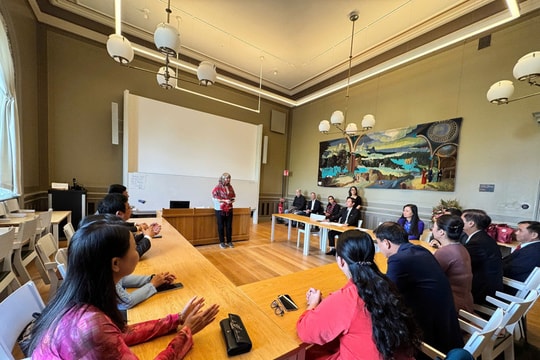New policies on automobiles in Vietnam
New tax rates apply, cars that meet Euro 4 emission standards are registered, and car occupants must wear seat belts.
From January 1, 2018, a series of tax, fee, inspection, and traffic law policies will take effect, affecting car prices as well as driver behavior. Below are the prominent regulations on cars that will take effect from 2018 that Vietnamese drivers should know.
Import tax from ASEAN to 0%
According to the commitment in the ASEAN Free Trade Agreement (ATIGA), cars with a localization rate of 40% or more within the bloc will enjoy an import tax rate of 0%. From 2018, Vietnam will import cars from Thailand, Indonesia, Malaysia... with a tax rate of 0%, a sharp decrease from the tax rate in 2017 of 30%.
To qualify for such a discount, a car must meet two criteria: it must be manufactured in an ASEAN country and have a 40% local content within the bloc. Cars imported from ASEAN but with a local content lower than 40% or cars imported from a non-ASEAN country such as Korea, Japan, Europe, etc. are also not eligible for this incentive.
Import tax on components is 0%
|
New tax policies will apply from 2018. |
According to Decree 125/2017, domestic car assemblers will enjoy a 0% import tax on components if they reach the prescribed output, applicable to cars with less than 9 seats. This Decree applies to about 30 main components, customs codes from 98.49.11 to 98.49.40.
In phase one, the first half of 2018, car manufacturers (under 9 seats, 2.5 engine or less) who want to enjoy 0% import tax incentives for components must ensure two conditions: a total output of 8,000 cars or more and a committed car model must be 3,000 cars or more.
People sitting in the back seat without seat belts will be fined.
Decree 46/2016 on Regulations on penalties for traffic violations states "fines from 100,000 to 200,000 for people sitting in cars who do not wear seat belts in places equipped with seat belts while the car is running".
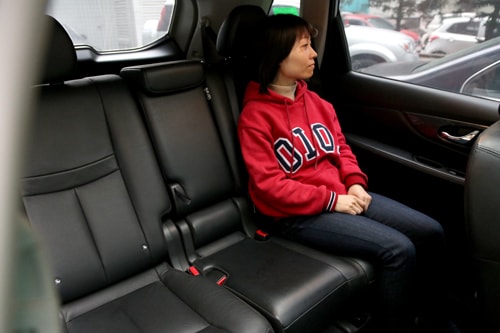
Not wearing a seat belt in the back seat is also a penalty.
The new point of this decree compared to the previous decree 171/2013 is that all positions must wear seat belts, while the old regulation only required this for the driver and front seat passengers. The new regulation is considered stricter and more necessary than before, helping to form the habit of wearing seat belts, an awareness that is lacking in Vietnam.
Imported cars are difficult to enter Vietnam due to lack of documents.
Decree 116/2017 stipulates that businesses wishing to import cars into the country must have a Type Approval Certificate issued by a foreign organization. Most joint ventures believe that foreign countries do not issue this type of certificate for imported cars, only for domestic cars, so the company will not be able to import cars.
VAMA has sent four petitions to the Prime Minister to make adjustments to make it easier for companies to import cars, but so far nothing has changed. Many companies such as Toyota, Honda, and Ford said that cars can only be sold until Lunar New Year, after which it is unknown whether there will be cars available or not.
Increase import tax on used cars
According to Decree 125/2017 of the Government issued on November 16, 2017, the absolute tax rate applies to vehicles with engine capacity of no more than one liter and mixed tax for vehicles over one liter.
In the old calculation method, cars were divided into 4 categories according to engine capacity with different tax rates. In the new calculation method, cars are divided into only two categories: engines of one liter or less and over one liter. Cars of one liter or less are subject to an absolute tax of 10,000 USD, while cars over one liter are subject to a comprehensive tax rate.
In the sub-1-liter segment, mainly small urban models, the price of imported used cars has more than doubled compared to the present. For cars with larger engines, the import tax can be added by tens to hundreds of thousands of USD, depending on the engine capacity and the value of the car.
Small cars must have energy labels
From January 1, 2018, cars with 7 to 9 seats manufactured and assembled from separate components, completely new; imported cars that have never been used must have energy labels before being put on the market.
|
This Circular does not apply to the following cases: vehicles manufactured, assembled, imported for direct use for defense and security purposes of the Ministry of National Defense and the Ministry of Public Security; temporarily imported and re-exported vehicles; transit vehicles; diplomatic and consular vehicles; single imported vehicles and not for business purposes; vehicles imported under separate regulations of the Prime Minister; vehicles using fuel other than gasoline, diesel, liquefied petroleum gas (LPG), natural gas (NG).
Vehicles below Euro 4 emission standards are not registered.
According to Official Dispatch 436/2017 of the Prime Minister on the roadmap for applying emission standards to newly assembled and imported cars and motorbikes, from January 1, 2018, competent authorities will not carry out inspection procedures for vehicles that do not meet Euro 4 emission standards.
|
Only cars that have been certified by the Ministry of Transport as meeting emission regulations can carry out relevant procedures. Before that, businesses must have a plan to import and produce cars, ensure the completion of customs procedures, registration and launch to the market before December 31, 2017. After this time, if not completed, they must be re-exported or exported.
Expired cars are recalled
According to Decision 16/2015 of the Prime Minister on the collection and treatment of discarded products, expired cars and motorbikes will be recalled in January 2018. Accordingly, nManufacturers are responsible for organizing the collection and receipt of discarded products that have been sold by the enterprise to the Vietnamese market and are entitled to preferential and supportive policies. Manufacturers can join together to collect and process discarded products.
Consumers can choose to transfer by themselves or transfer to a collection organization or individual to transport to the collection point and enjoy benefits according to the manufacturer's policy...

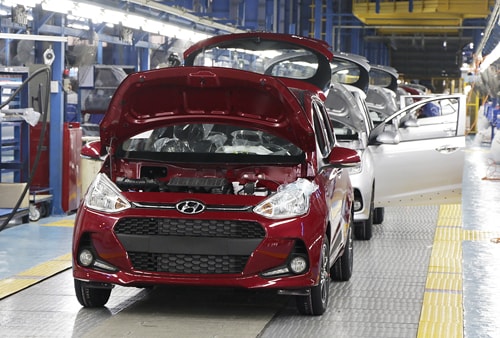
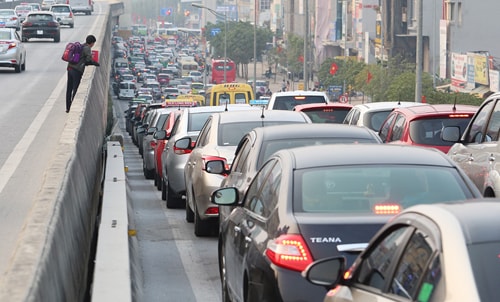
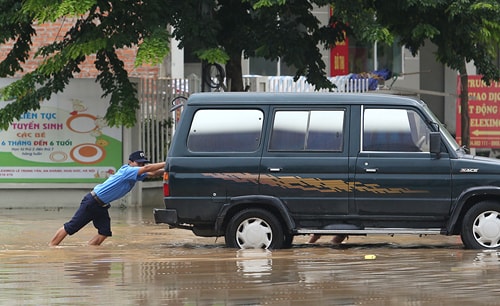
.jpg)
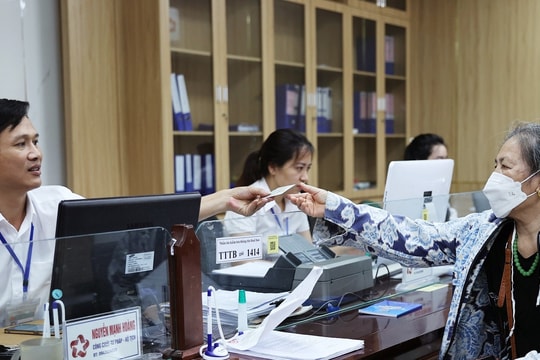
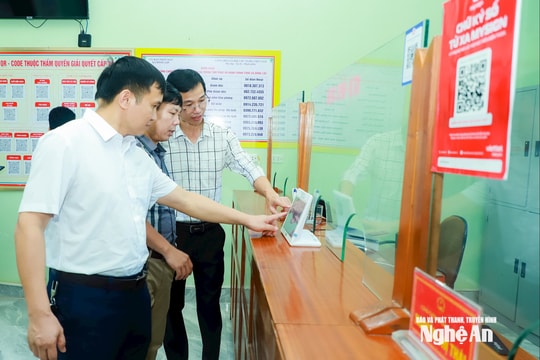
.jpg)
.jpg)

